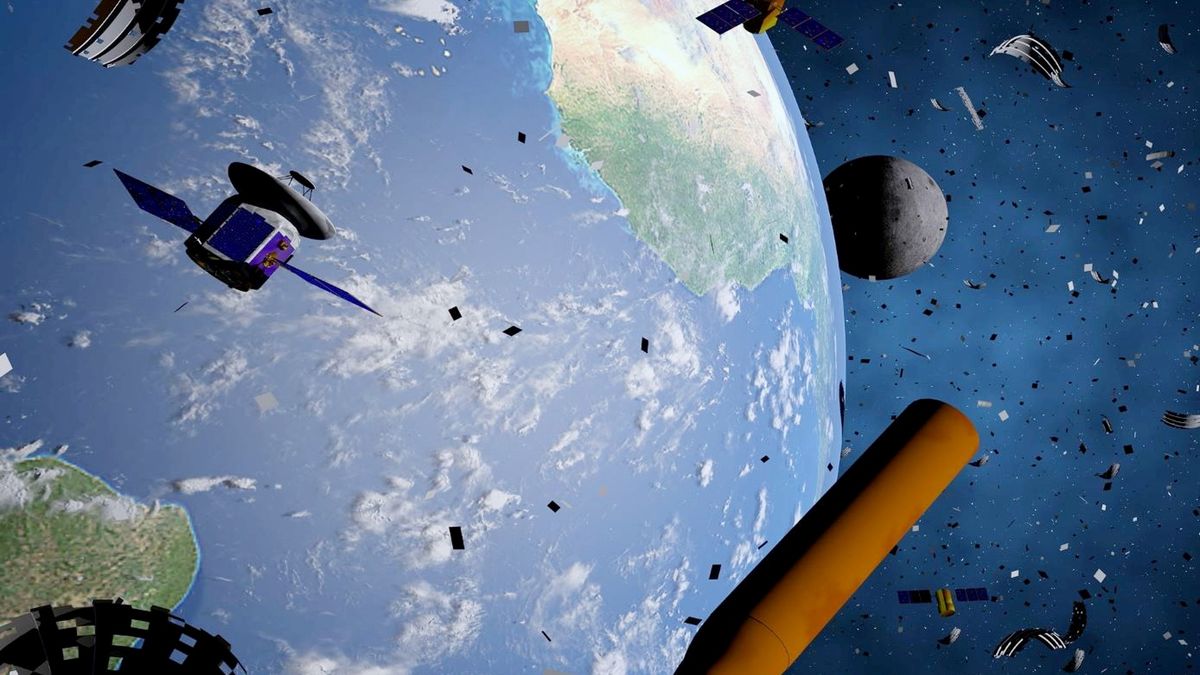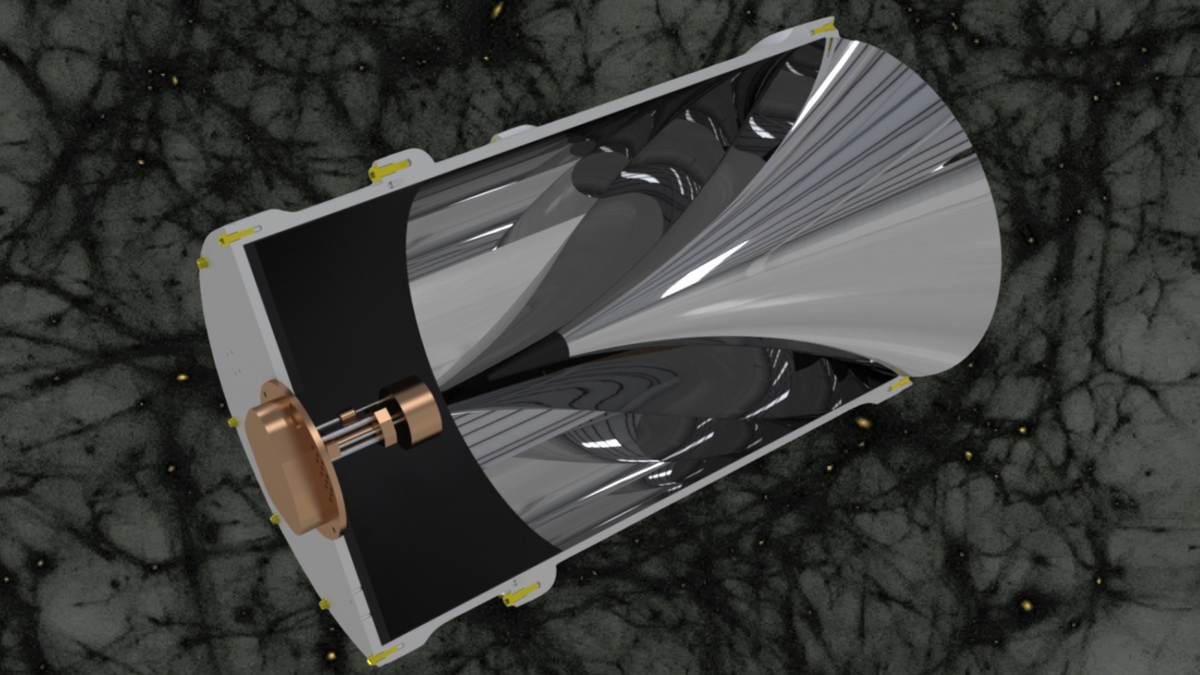Indian Space Organization Achieves Significant Milestone in Debris Management
The Indian Space Research Organisation (ISRO) recently made headlines in late March with the successful implementation of a groundbreaking deorbiting technique that resulted in minimal space debris left in orbit. This achievement signals a significant step forward in the realm of space exploration and sustainability.
Zero Orbital Debris Mission
After a spent rocket stage was strategically maneuvered to burn up upon re-entry into Earth’s atmosphere, ISRO proudly announced that this mission had “practically left zero debris in orbit.” This remarkable feat showcases ISRO’s commitment to ensuring the future of space travel is environmentally conscious and sustainable.
Debris-Free Missions in the Future
Building upon this success, ISRO Chairman S. Somanath revealed plans to utilize similar deorbiting techniques for upcoming missions to guarantee a “debris-free” space environment by the end of the decade. With a focus on spacecraft safety and responsible space management, ISRO aims to set a new standard for space agencies worldwide.
Somanath highlighted the organization’s expertise in debris management, emphasizing the importance of proactively de-orbiting spacecraft to prevent unnecessary clutter in Earth’s orbit. With 54 operational satellites currently in orbit, ISRO remains committed to ensuring the safe disposal of non-functional satellites for a cleaner and more sustainable space environment.
Challenges and Considerations
Despite the progress made in debris management, challenges persist in predicting the complete burn-up of satellites during re-entry. Recent incidents, such as debris from the International Space Station falling to Earth, underscore the complexities of managing space waste effectively.
Furthermore, as the number of satellites in low Earth orbit continues to rise, concerns about the environmental impact of atmospheric reentries have surfaced. Studies have raised alarms about the potential pollution of Earth’s stratosphere and the impact of satellite debris on the planet’s magnetic field, highlighting the need for continued research and innovation in space sustainability.
In conclusion, ISRO’s successful zero orbital debris mission represents a significant achievement in the field of space exploration and debris management. By prioritizing environmental sustainability and responsible space operations, ISRO sets a positive example for the global space community and paves the way for a cleaner and safer space environment.
Image/Photo credit: source url





